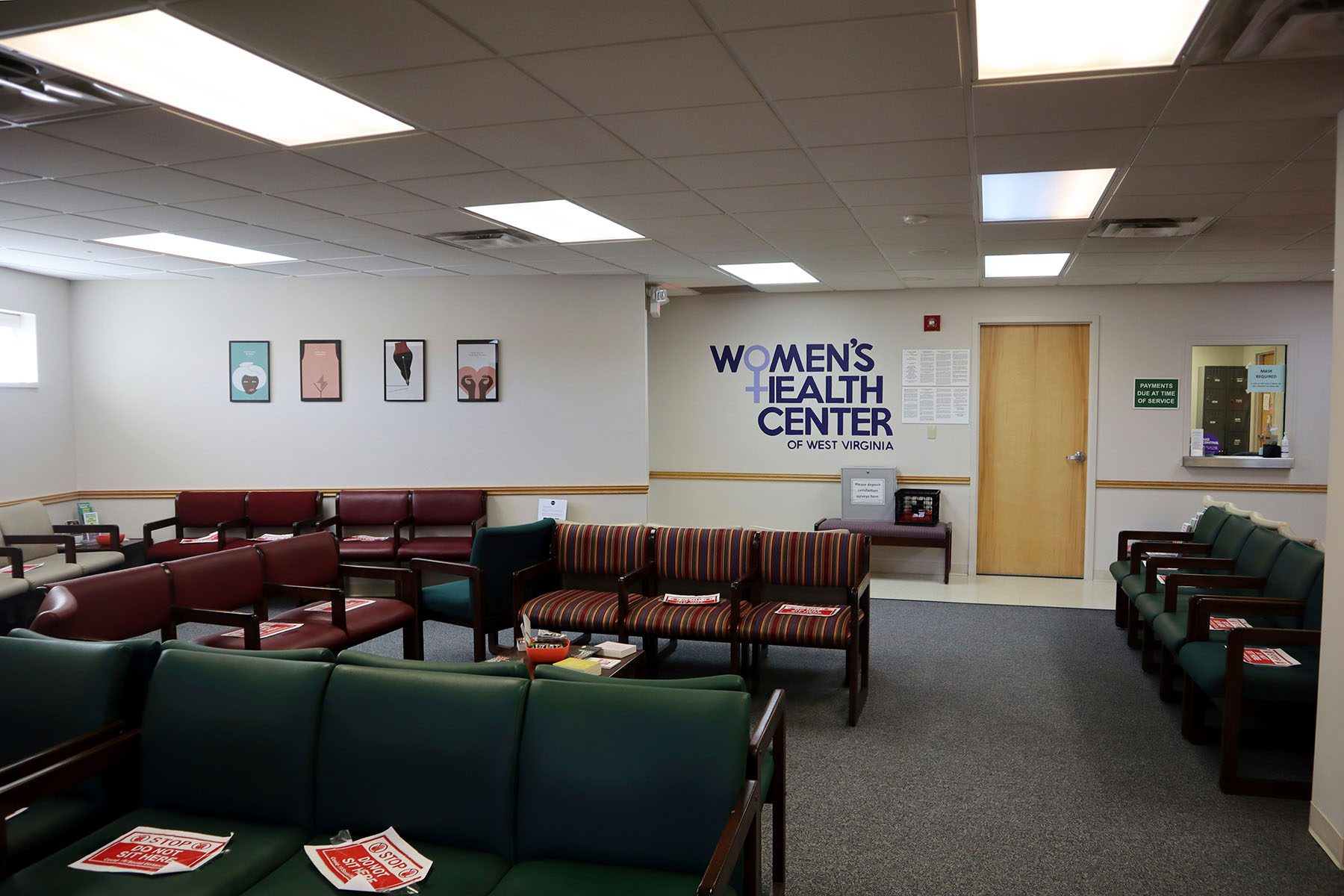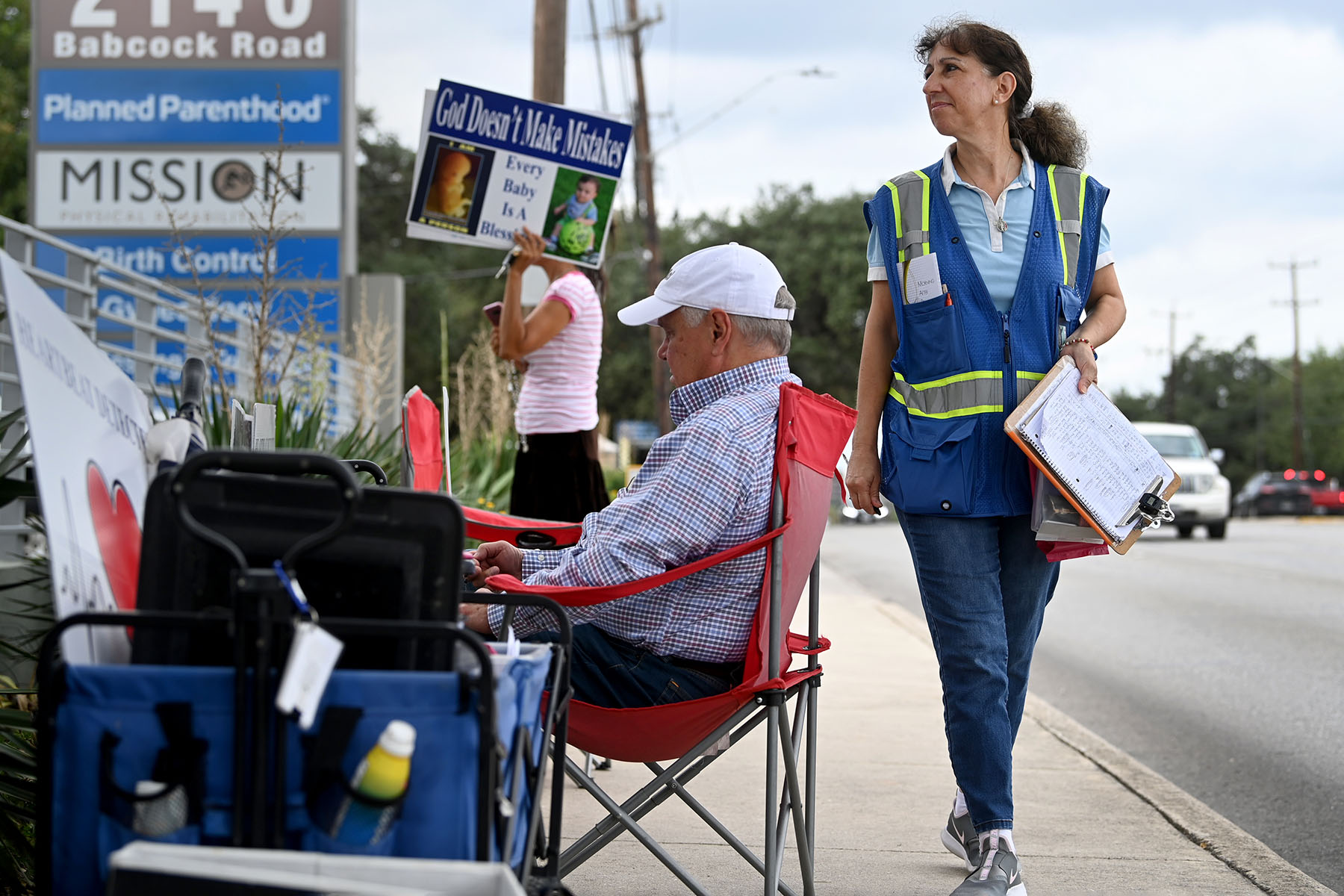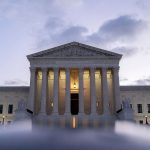The end of Roe v. Wade has thrust the nation into a new era of legal confusion, with legal experts, clinic staffers and even lawmakers uncertain which state abortion laws are now in effect. Specifically, there is little clarity as to whether abortion bans that were passed before 1973 and then never repealed have now actually taken effect — the confusion alone halting abortions in some states.
In theory, the Supreme Court’s decision to overturn Roe v. Wade could mean those laws — which were blocked because of the 1973 decision guaranteeing the right to an abortion — can now be enforced.
But states have for decades operated without those laws, which some experts believe means they must be re-passed to take effect. And in some cases, legislatures have passed new abortion laws with different restrictions or penalties for performing an abortion, so it’s unclear which laws take precedent.
At least temporarily, the confusion is resulting in limited or cut off access in a handful of states.
“It’s part of the confusion I’m worried about,” said Rachel Rebouche, interim dean at the Temple University School of Law. “Whether or not a pre-Roe ban attaches other civil or criminal penalties, there’s just a lot of unknown still.”
Never has there been a moment when laws that were blocked for close to 50 years could suddenly be newly enforced. In the build-up to the court’s decision, abortion and constitutional law scholars alike said they could not predict whether these bans could or should be enforced.
Texas’ law was temporarily blocked by a lower state court, until the state Supreme Court allowed the ban to take effect Friday night. Meanwhile, courts in West Virginia, Michigan and Wisconsin are considering legal challenges to their states’ pre-Roe bans; neither West Virginia’s or Wisconsin’s courts have yet weighed in. Wisconsin’s governor has said he would grant clemency to anyone charged with a crime under the state’s law. In Michigan, a state court has temporarily blocked its pre-Roe bans. Arizona’s pre-Roe ban was blocked by a court.
None of this has granted much clarity. Even if a governor or attorney general has indicated they oppose the state’s pre-Roe ban and are unwilling to enforce it, individual county prosecutors could still take up such cases. In Michigan, multiple prosecutors have indicated they would do just that, even though neither the state’s governor nor its attorney general support the law.
That unpredictability — coupled with the constant ricochet between courts — could confuse people who live in these states about what their rights are, and what legal risks they could assume if they seek an abortion.
“There’s going to be so much litigation and so much confusion. That’s what I’m particularly worried about — that the boundary lines are going to be shifting so frequently that people won’t know what the law is in their state,” said Kimberly Mutcherson, co-dean and professor of law at Rutgers Law School. “It will cause so much unnecessary angst.”
In West Virginia, the state’s sole abortion clinic has stopped providing abortions. In Wisconsin, clinics have also stopped providing care, instead referring patients to neighboring Illinois. In Arizona, Planned Parenthood clinics — which make up the bulk of the state’s abortion providers — halted abortions the day Roe v. Wade was overturned.
Earlier this spring, Arizona’s Republican governor said he did not believe the state’s abortion ban should go into effect. But last week, the state’s attorney general said he believes the pre-Roe ban can in fact be enforced. His office will be asking courts to drop the 1973 injunction.

Even when pre-Roe bans have been blocked, the fear of criminal punishment has deterred some providers. In Michigan, a major hospital network briefly stopped providing medically necessary abortions — which it had previously offered — defaulting instead to only terminate pregnancies if doing so would save the pregnant person’s life. Planned Parenthood of Greater Texas did not schedule any abortions even during the days-long period when the state’s law was blocked.
It’s difficult to predict how individual court cases will play out, Rebouche said. And because each lawsuit is different and each state has its own laws, a decision in one state may not reveal much about how a court in its neighbor would rule.
“It depends on the state and the court and the nature of the challenge,” Rebouche said. “There’s so much legal hybridity that making predictions about what will happen across states will be very difficult.”







